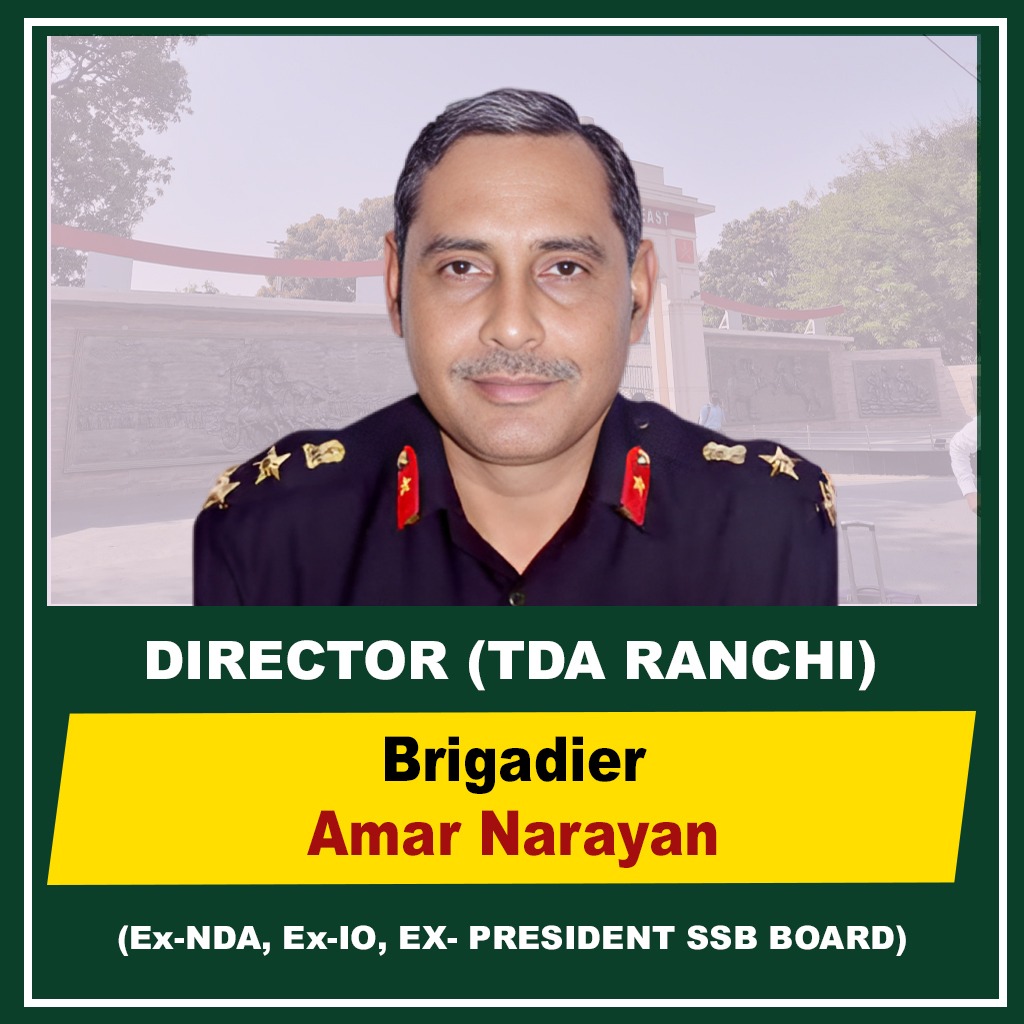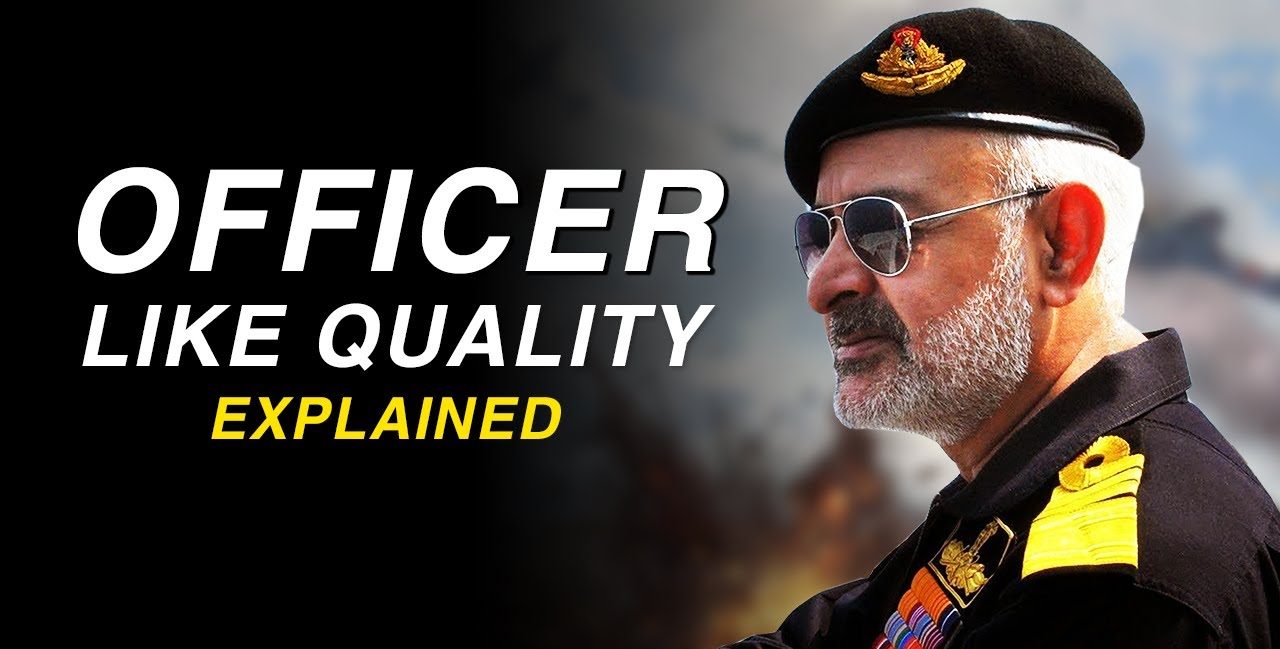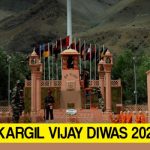WordPress database error: [Table './trishlldefenceac_def/wp_post_views' is marked as crashed and should be repaired]SELECT SUM(count) AS views
FROM wp_post_views
WHERE id IN (23411) AND type = 4
The Service Selection Board (SSB) interview is a gateway for young defense aspirants aged 15 to 21 to realize their dream of joining the esteemed Indian armed forces. At the heart of this evaluation lies the Officer Like Qualities (OLQ) – a set of characteristics that define a true leader. In this blog, we will explore the OLQ factors and equip you with valuable insights and practical examples to shine brightly in the SSB interview. Join us on this empowering journey of unlocking your leadership potential!
The SSB evaluates a candidate on 15 OLQs, which are grouped under four broad heads also called as Factor in SSB parlance.
Factor 1: Planning and Organizing
- Effective Intelligence: Cultivate the competency to tackle practical problems efficiently, utilizing available resources wisely. Example: A candidate devising a well-thought-out strategy to navigate a challenging obstacle course during the GTO Tasks.
- Reasoning Ability: Display logical and rational thinking under pressure, evaluating different solutions and selecting the best one. Example: A candidate analyzing various problems given out in Group Planning Exercise, correctly assigning priority to each one and solving each in practical manner.
- Organizing Ability: Demonstrate clarity of thought by efficiently managing time and resources in your daily life. Example: A candidate structuring a study plan, balancing academics and extracurricular activities effectively.
- Power of Expression: Master the art of expressing thoughts clearly and convincingly, regardless of the language used. Example: A candidate confidently articulating ideas during the Group Discussion, leaving a lasting impression on the assessors.
Factor 2: Social Adjustment
- Social Adaptability: Show the ability to adjust well to different environments and interact harmoniously with others, including peers and superiors. Example: A candidate easily blending in during group activities, fostering a welcoming and cooperative atmosphere.
- Cooperation: Embrace teamwork as an essential element of success, actively supporting and motivating team members. Example: A candidate collaborating effectively during the Progressive Group Test, and enabling participation by other team members to effectively solve the problem.
- Sense of Responsibility: Be a responsible citizen and member of any group, carry out duties and tasks with dedication, ensuring their successful execution. Example: A candidate volunteering to lead a community service project, displaying accountability and responsibility.
Factor 3: Social Effectiveness
- Initiative: Exhibit the spirit to take the first step in unfamiliar situations, sustain efforts, and accomplish assigned tasks. Example: A candidate showing initiative by organizing and leading a social awareness campaign.
- Self Confidence: Develop faith in your abilities and express your goals and aspirations with conviction. Example: A candidate confidently discussing their achievements and career aspirations during the Personal Interview.
- Speed of Decision: Cultivate the ability to make quick, practical and well-informed decisions, especially during challenging situations. Example: A candidate swiftly analyzing and responding to dynamic scenarios in the Group Obstacle Race.
- Ability to Influence the Group: Inspire and motivate team members to achieve collective objectives. Example: A candidate motivating their group during the Group Discussion, guiding them towards constructive and fruitful discussions.
- Liveliness: Maintain a cheerful and positive attitude, especially in stressful situations. Example: A candidate radiating enthusiasm during the GTO Tasks, uplifting team spirits and fostering a vibrant environment.
Factor 4: Dynamic
- Determination: Exhibit unwavering determination to achieve goals despite facing setbacks. Example: A candidate displaying tenacity in pursuing a personal passion or project, overcoming obstacles with resilience.
- Courage: Courage is both physical and mental. Mental courage is upholdingethics and values and pursue what is morally right, even in challenging circumstances. Example: A class monitor who reports misdeeds of even his best friend in the interest of upholding his high moral values.
- Stamina: Develop endurance to withstand prolonged physical and mental stress. Example: A candidate participating in a difficult trekking expedition, demonstrating resilience and mental fortitude. Or a candidate not demoralized by one failure in SSB and putting in even more effort to crack it in next attempt.
Conclusion:
The journey towards becoming an esteemed military officer requires nurturing the Officer Like Qualities within oneself. Embrace courage, teamwork, decision-making, adaptability, empathy, vision, communication, integrity, and determination as your guiding principles. Utilize the examples and insights shared in this blog to cultivate these qualities and shine brightly in the SSB interview. Remember, you are the future leaders of our nation, and with the OLQ, you hold the power to make a difference. Stay committed, persistent, and resilient – for the road to success may have its challenges, but your unwavering spirit will lead you to the pinnacle of achievement.
Trishul Defence Academy Ranchi provides exceptional guidance for psychology tests under the mentorship of Brigadier Amar Narayan, Ex-President of 19 SSB Allahabad. Our experienced mentors, retired GTO officers, and Interviewing Officers, have helped countless aspirants qualify for SSB Interviews. With their expertise, you will embark on your journey to master the SSB Psychological Tests and realize your dreams of serving the nation as an esteemed military officer.
Written by Brigadier Amar Narayan, Ex President, 19 SSB Allahabad and Amit Kumar, Master NLP Practitioner and Expert in Defence Education.

Brigadier Amar Narayan (Ex President, SSB Allahabad)



